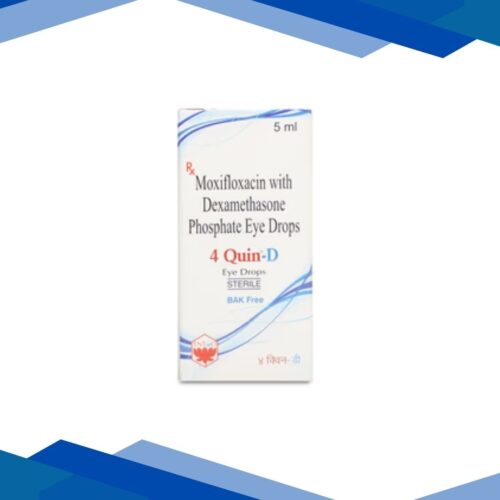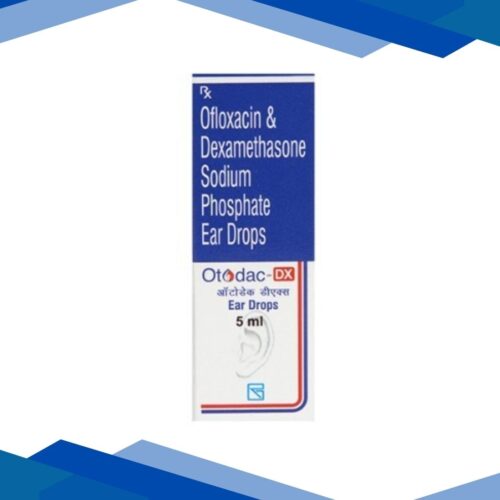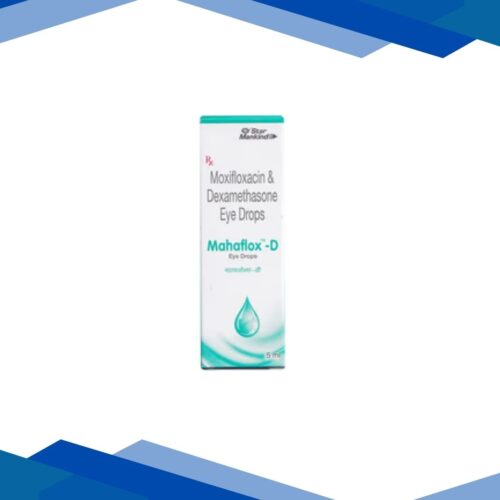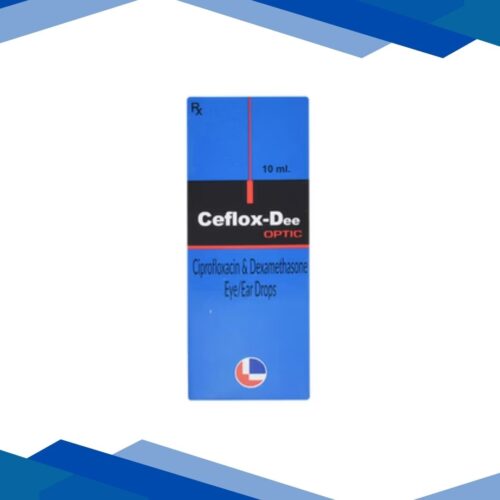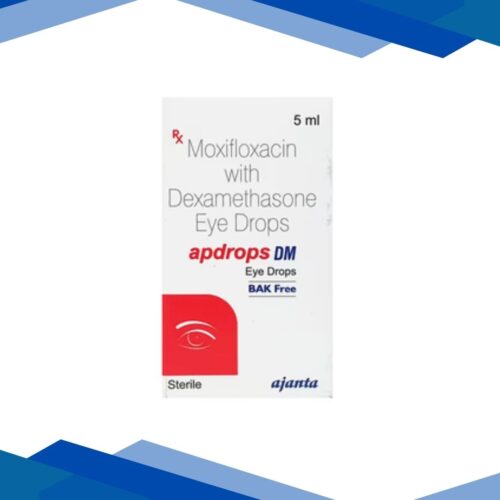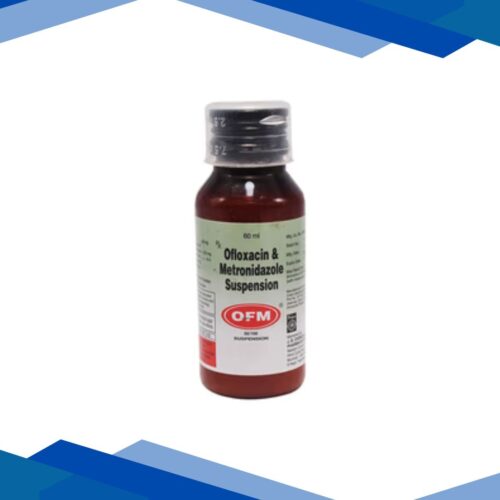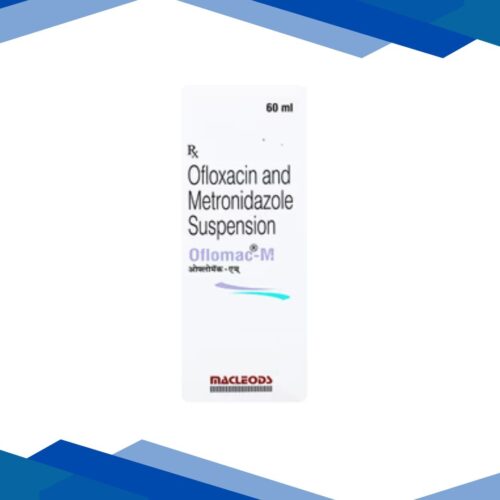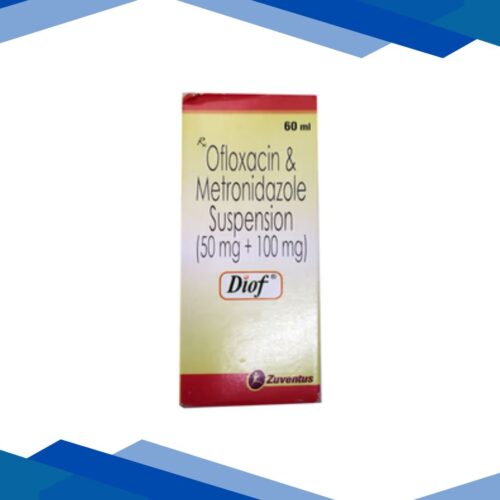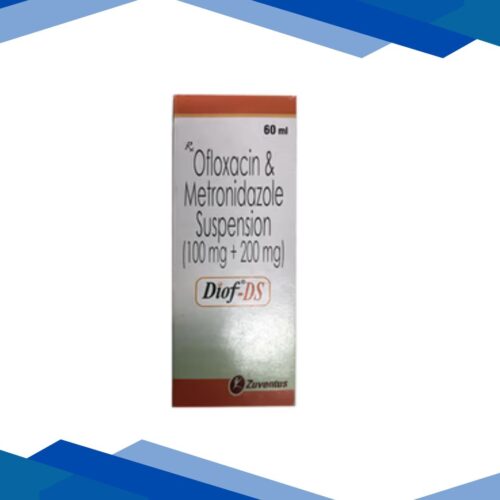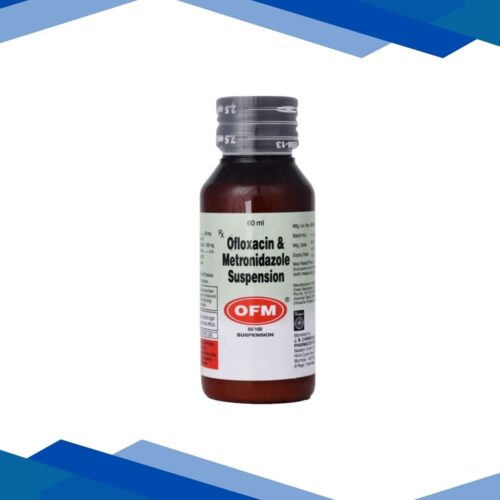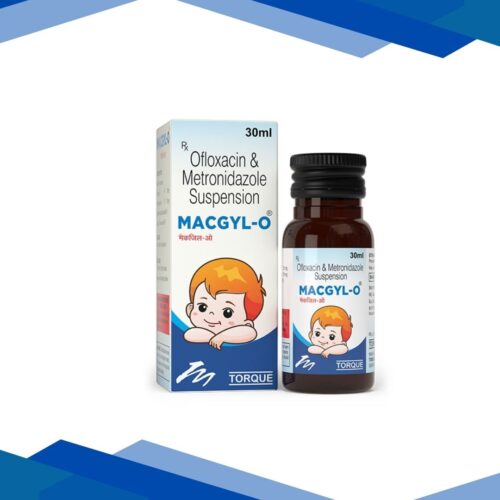4 QUIN D Eye Drops 5ml
DECAMOX M Eye Drops 5ml
Mahaflox D Eye Drops 5ml
CEFLOX DEE OPTIC Eye/Ear Drops 10ml
Apdrops DM Eye Drops 5ml
Oraflox-M
No Prescription yet? Don’t worry! Click Here to Get Online Consultation
Why Prescription is Required?
✅ Providing Right Medicines
Prescriptions are complex documents. We proofread and recheck at various steps to provide you the right medication in the correct form and dose.
⚖️ Helps Comply with the Law
Most medicines cannot be sold without a valid prescription, as per the Drugs and Cosmetics Act, 1940 and Rules, 1945.
Book Appointment with Doctor
Ofloxacin is used to treat bacterial infections, while metronidazole is used for anaerobic bacterial and protozoal infections. Simethicone helps relieve gas, bloating, and related discomfort. For more details kindly click on Medicine Salts below:
Metronidazole
METRONIDAZOLE
Overview
Metronidazole is an antibiotic effective against many infections caused by bacteria and parasites. It’s particularly useful in treating infections in the brain, reproductive system, gastro-intestinal tract, skin, vagina and other body parts.
Classification
Antibiotic and antiprotozoal medication
Uses
Metronidazole has been approved to treat:
Symptomatic trichomoniasis (a sexually transmitted infection) in adults that has been confirmed by culture or wet smear test
Asymptomatic trichomoniasis in females when associated with cervical changes, and in asymptomatic sexual partners
Amebiasis (an infection caused by a parasite) in adults and children
Anaerobic bacterial infections (infections caused by bacteria that do not need oxygen to survive).
How it works
Metronidazole is thought to work by first diffusing into the cytoplasm of the anaerobic bacteria where it is then activated and reduced into a short-lived nitroso free radical which can interact with DNA, causing a loss of the helical DNA structure, strand breakage, and bacterial death.
Dosage
As directed by the physician
Precautions
You should not use this medicine if you are allergic to metronidazole, secnidazole, or tinidazole, or if you:
Drank alcohol in the past 3 days
Consumed foods or medicines that contain propylene glycol in the past 3 days or
Took disulfiram (Antabuse) within the past 14 days
Have Cockayne Syndrome (a rare genetic disorder that affects growth and development).
Before taking metronidazole, tell your healthcare provider about all of your medical conditions, including if you:
Liver disease
Kidney disease (or if you are on dialysis)
A heart rhythm disorder
A stomach or intestinal disease such as Crohn’s disease
A blood cell disorder such as anemia (lack of red blood cells) or low white blood cell (WBC) counts
Medical problems that affect the brain or a nerve disorder
A yeast infection or a fungal infection anywhere in your body
A history of blood problems
Or take any medications, especially warfarin, lithium, busulfan, cimetidine, phenytoin, or phenobarbital
Side effects
Nausea, Vomiting, Paresthesia (tingling or pricking sensation), Agitation, Back pain, Blindness, Blurred vision, Altered speech pattern, Confusion, Decreased vision, Depression, Dizziness, Impaired coordination, Seizure, Slurred speech
Disclaimer
This content is for informational purposes only. Always consult a healthcare provider for medical advice and proper dosage.
Ofloxacin
OFLOXACIN
OVERVIEW
Ofloxacin is used in the treatment of bacterial infections. It is also used in infections of urinary tract, gastrointestinal tract, female genital organ, skin & soft tissues and lungs (pneumonia).
CLASSIFICATION:
Ofloxacin is an antimicrobial drug in the fluoroquinolone family
USES:
Ofloxacin is a broad-spectrum antibacterial agent with activity against both gram-negative and gram-positive organisms, used for the treatment of bacterial infections such as pneumonia, pyelonephritis, skin and soft tissue infections, and urinary tract infections.
HOW IT WORKS
Ofloxacin acts on DNA gyrase and toposiomerase IV, enzymes which, like human topoisomerase, prevents the excessive supercoiling of DNA during replication or transcription. By inhibiting their function, the drug thereby inhibits normal cell division.
DOSAGE
As directed by the physician
PRECAUTIONS
You should be cautious in the following conditions if you are prescribed Ofloxacin:
Allergic to the medicine or other quinolone/fluoroquinolone antibiotics like Ciprofloxacin, Gemifloxacin, Levofloxacin, etc.
Taking any other medications, vitamins, nutritional supplements, or herbal products.
Taking blood thinners like warfarin, antidepressants, antipsychotics, insulin, and other medicines to treat diabetes like glimepiride, chlorpropamide, tolazamide, etc., and anti-inflammatory drugs like ibuprofen
Taking antacids, supplements, and multivitamins with iron and zinc, then take ofloxacin 2 hours before or 2 hours after taking these medicines.
Medical history of heart diseases or prolonged QT intervals
Pregnancy, breastfeeding, or planning to get pregnant
History of diabetes, hypoglycaemia (low blood sugar) or liver disease
SIDE EFFECTS
The side effects of ofloxacin are:
Fever
Fatigue
Nausea
Constipation
Vomiting
Pale skin
Mouth dryness
Watery stools and maybe blood
Stomach cramps for months, even after the treatment is complete
Itching and rashes
Swelling or yellowing of the eyes and face
Breathing or swallowing trouble
Fluttering heartbeat
Frequent urination and sweating
Constantly feeling hungry or thirsty
If you find any of these symptoms, you should immediately consult your doctor.
Disclaimer
This content is for informational purposes only. Always consult a healthcare provider for medical advice and proper dosage
Simethicone
Simethicone
OVERVIEW
Simethicone is a widely used over-the-counter remedy designed to alleviate the discomfort associated with excessive gas in the stomach and intestines. Commonly found in products like Gas-X, Mylicon, and Phazyme, simethicone is known for its gentle and effective action in relieving bloating, belching, and feelings of pressure
CLASSIFICATION
An antiflatulent
USES
Simethicone is the major active ingredient in most anti-gas medications and works by serving as an anti-foaming agent. It lowers the surface tension of gas bubbles in your baby’s stomach and intestines, so they can join together into bigger bubbles that are easier to pass. This natural process relieves bloating and discomfort.
HOW IT WORKS
When you digest, swallow air, or eat gas-producing foods, bubble gas is created in your gut. In our stomachs, these bubbles can lead to gas, pain, and gastrointestinal distress.
Simethicone essentially just acts to pop these gas bubbles by breaking down the surface tension. This decrease in surface tension lets smaller gas bubbles come together to form larger ones, which can be belched or farted out with greater efficiency. With the help of this process, bloating and discomfort is alleviated.
Most notably, simethicone doesn’t prevent gas from building up, relax muscle spasms, or cure upset stomach. It just helps your body expel excess gas more effectively. That makes it an effective natural remedy for bloating and discomfort caused by gas accumulation.
DOSAGE
As directed by the physician
PRECAUTIONS
When Not to Use Simethicone
Before using simethicone, it’s important to consider the following:
Allergy Alert: If you’re allergic to simethicone or any of its ingredients, avoid using it. Symptoms of an allergic reaction can include rash, itching, swelling (especially of the face/tongue/throat), severe dizziness, or trouble breathing.
Medical Conditions: If you have any serious health issues, particularly those affecting your stomach or intestines, consult your doctor before using simethicone.
Pregnancy and Breastfeeding: Simethicone is generally considered safe during pregnancy and breastfeeding, as it doesn’t get absorbed into the bloodstream and isn’t expected to harm a developing baby or nursing infant
SIDE EFFECTS
Simethicone is generally safe when used as directed. However, some people may experience mild side effects:
Nausea: Some individuals may feel slightly nauseous.
Diarrhea: Mild diarrhea can occur, though it’s less common than constipation.
Constipation: In rare cases, simethicone may cause constipation. To help alleviate this, ensure you’re drinking plenty of water and staying active.
Most of these side effects are temporary and usually resolve on their own without the need for medical intervention.
Rare but Serious Side Effects
Although uncommon, some individuals may experience allergic reactions to simethicone. Seek immediate medical attention if you notice symptoms such as:
Rash
Itching or swelling, especially of the face, tongue, or throat
Severe dizziness
Difficulty breathing
These reactions are rare, but it’s important to be aware of them.
DISCLAIMER
This content is for informational purposes only. Always consult a healthcare provider for medical advice and proper dosage
